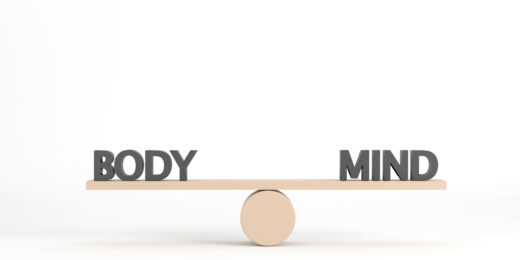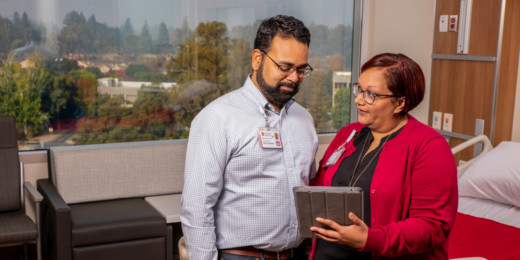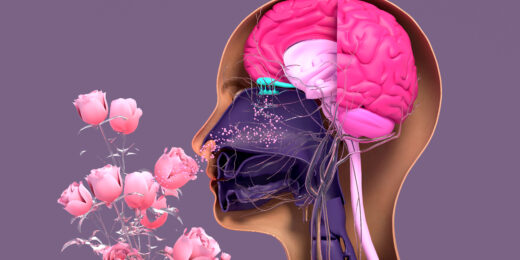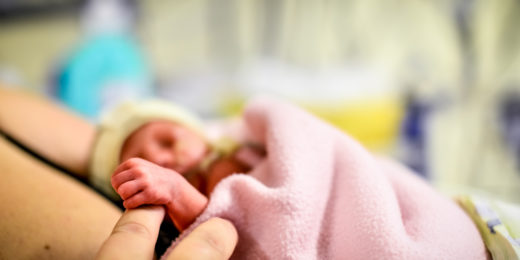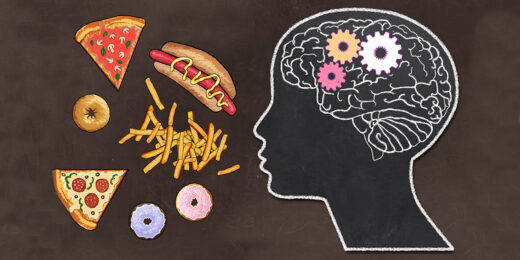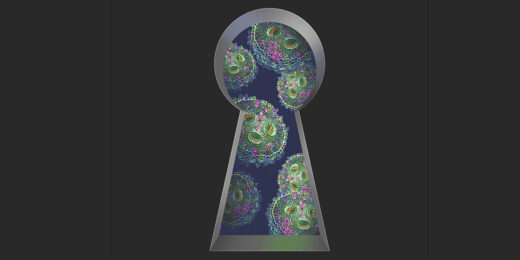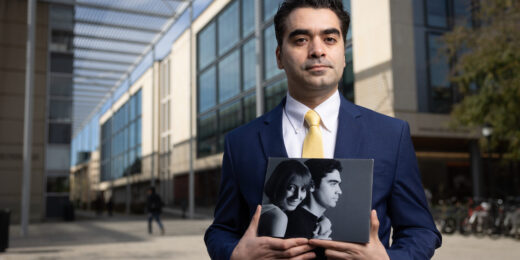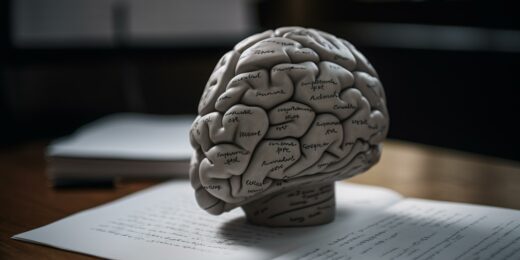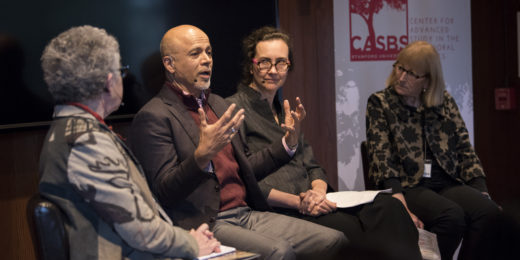Just before the holidays, my husband whisked me off to urgent care because I received some nasty dog bites on both my hands. The incident …
Popular
Too high: Side effects hamper many blood pressure medications
In this piece in a series on high blood pressure, Randall Stafford, MD, PhD, tackles the problems caused by the side effects of medications.
Mind this: Research reveals the power of the mind
New Stanford research is clarifying the powerful role played by the mind in pain, health, social settings, education and more.
Understanding AFib: Blood thinners simplified
In the latest installment in the series Understanding AFib, Randall Stafford explains the different types of blood thinners.
Heart failure boosts risk of death following surgery
A Stanford researcher has found that patients with heart failure, even if it's relatively mild, are more likely to die within three months after surgery.
Digital enhancements planned for new Stanford Hospital
The new Stanford Hospital will include an array of technology to optimize the patient, and clinician, experience, including communication tools.
Scents and memories at the hospital
Stanford medical student Yoo Jung Kim writes about smells in the hospital and how they can trigger fond memories and provide motivation.
Premature babies’ survival rate is climbing, study says
Stanford researchers show that preterm infants survivorship have increased significantly between 2013 and 2018.
Padded helmet cover shows little protection for football players
A foam cap that fits over football helmets seemed to reduce the force of blows in lab experiments — but not on the field.
Binge eating linked to habit circuitry in the brain
People with binge eating disorders have differences in their brains’ habit circuitry, which may explain why these behaviors are so persistent.
mRNA vaccine spike protein differs from viral version
Scientists explain a key difference between the spike-protein molecules generated by the SARS-CoV-2 mRNA vaccine and those the virus induces.
How the death of his wife drives data scientist to improve the system
In his grief over losing his wife, Amir Bahmani realized how much data science could impact medicine and potentially save lives.
The science of willpower
Contrary to popular belief, willpower is not an innate trait that you're either born with or without. Stanford health psychologist Kelly McGonigal explains more in this piece.
“We know very little about the brain”: Experts outline challenges in neuroscience
The greatest challenge in the field of neuroscience, according to two experts, is that we still don't understand the basics. Around forty students, scientists, and community …
Too high: Current blood pressure targets may not be low enough
In this fifth, final post in a series on high blood pressure, Randall Stafford, MD, PhD, explains target blood pressure guidelines.
A conflicted relationship: On technology and human interaction
A physician, a linguist and a sociologist explored how technology has affected human interactions in a panel discussion hosted by Stanford’s Center for Advanced Study in the Behavioral Sciences.




